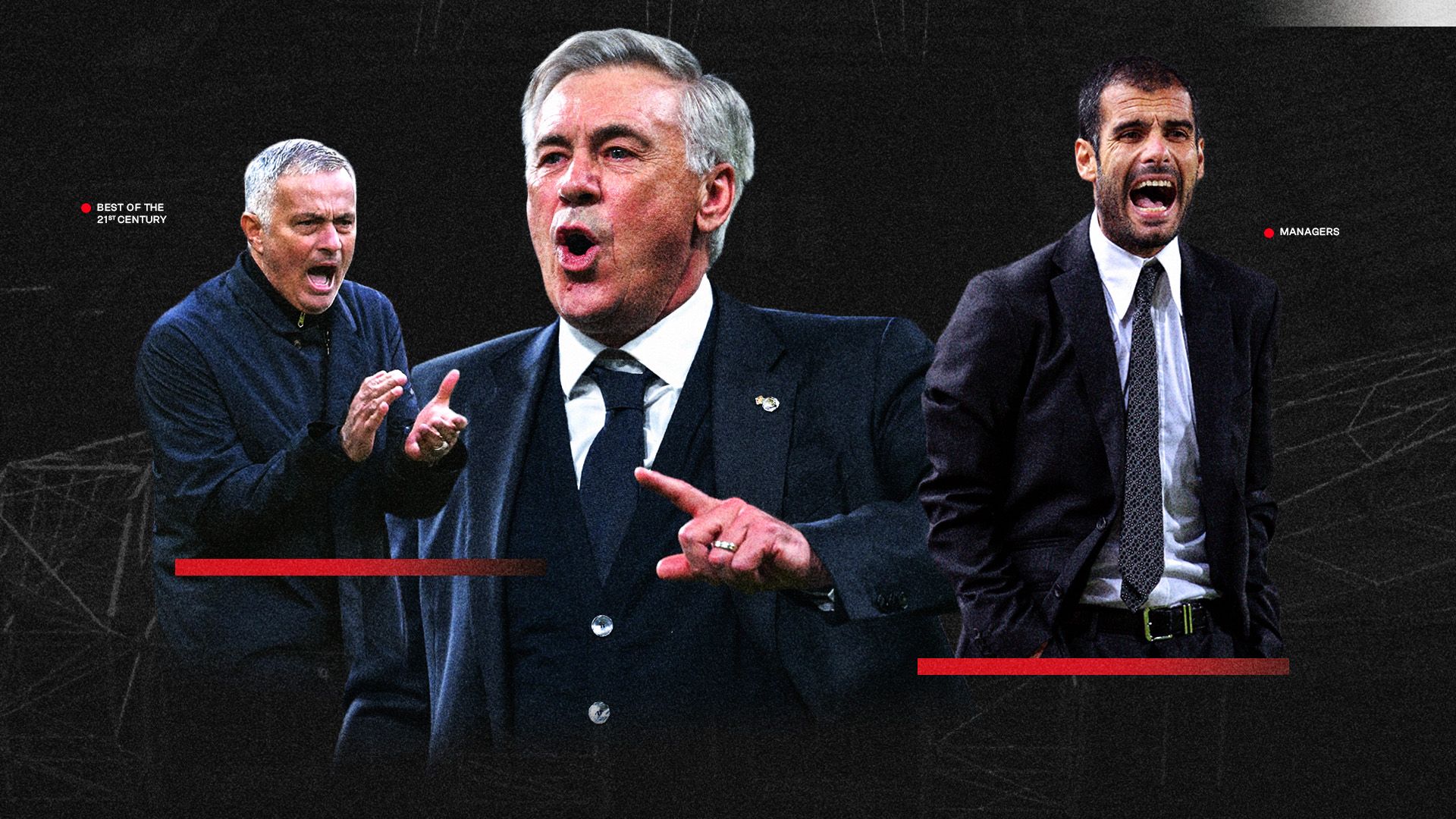'Players win matches, not managers', is something you often hear, sometimes from the coaches themselves. Indeed, managers cannot score bicycle kicks, they cannot run from one end of the pitch to the other, they cannot head crosses away or make saves. The economist Stefan Szymanski and writer Simon Kuper concluded in their book 'Soccernomics' that managers barely matter at all, and the main determining factor of success is money spent on wages. Managers, they suggest, "could be replaced by their secretaries, or their chairmen, or by stuffed teddy bears".
But if that were the case, then Manchester United would still be the leading force in English football, Tottenham would have remained the mid-to-lower table team they were in the 1990s, Atletico Madrid would have stood no chance of winning La Liga and Leicester City would never have pulled off the greatest fairy-tale title win in modern football history.
No, managers have a huge impact. They dictate the team's style of play, they pick their staff, they have a very big say on who is bought and sold. They are the club's face to the outside world and they are responsible for the culture within it. Yes, there have been instances when teams with coaches of a questionable quality have still done well (hello Roberto Di Matteo and Raymond Domenech!), but it never lasts long.
A great manager can utterly transform a club, a league and in some instances an entire football culture. That's why they are paid so much and why they are so highly coveted. In the modern era, the manager is the real star, far more important than any individual player.
Here, GOAL celebrates the best managers of the 21st century, figures who have not just won games, but created dynasties, effectively built stadiums and changed the course of history...
.jpg?auto=webp&format=pjpg&width=3840&quality=60)